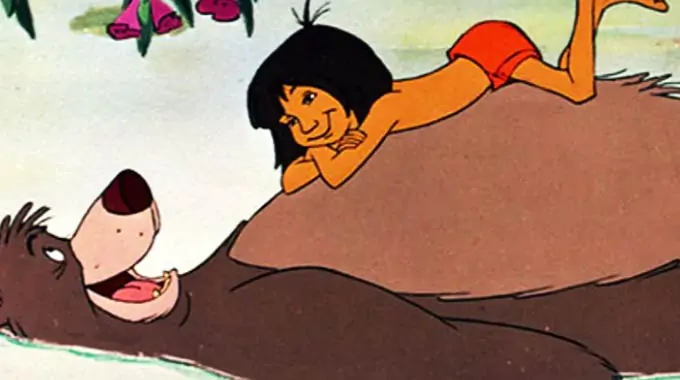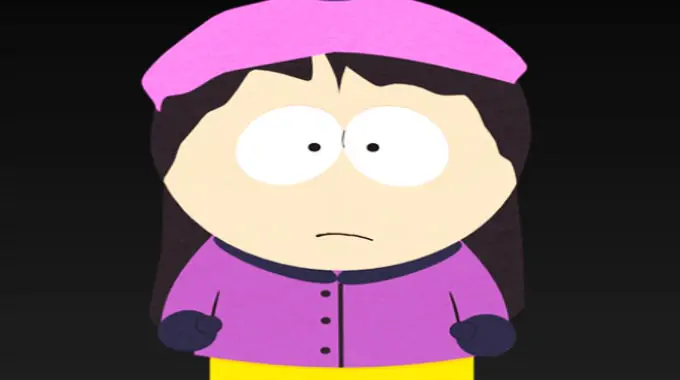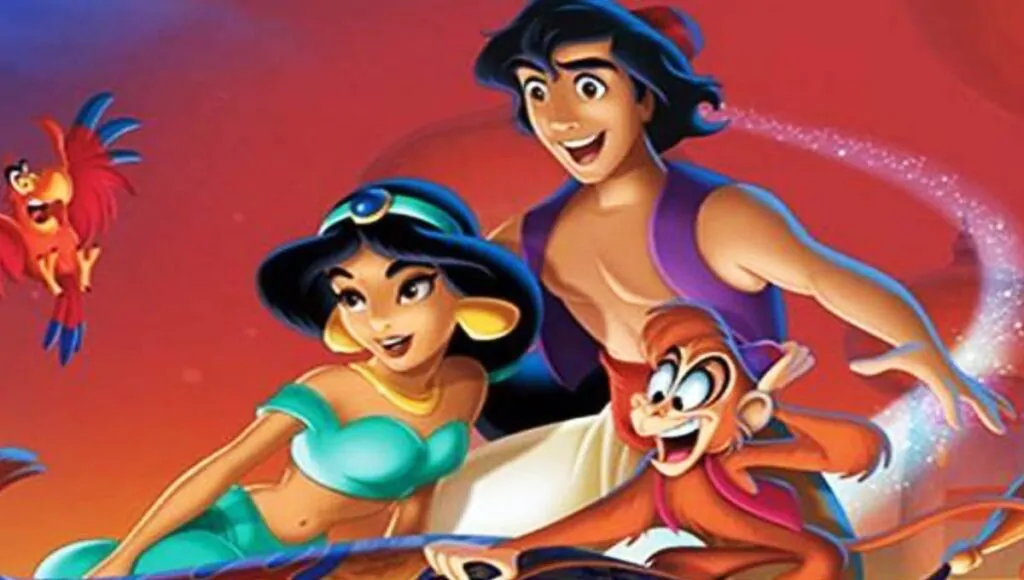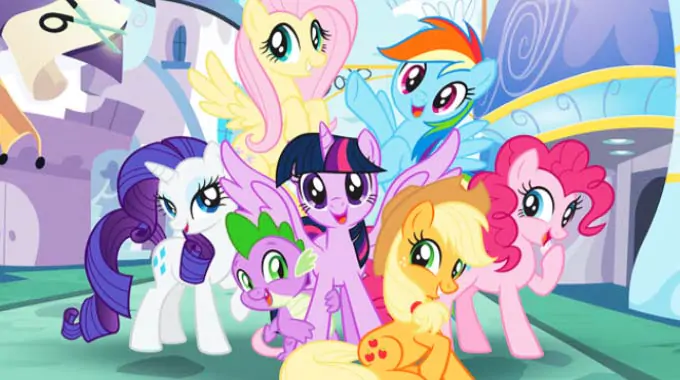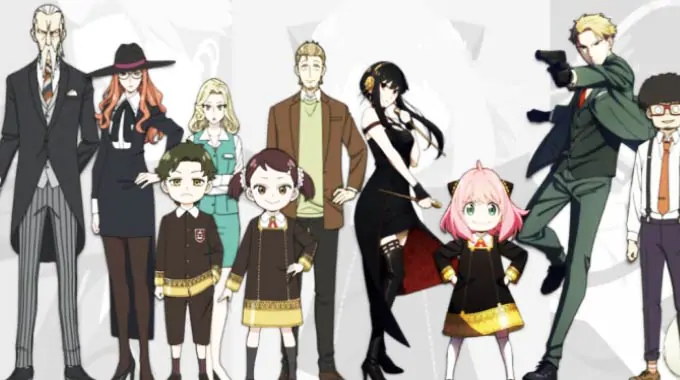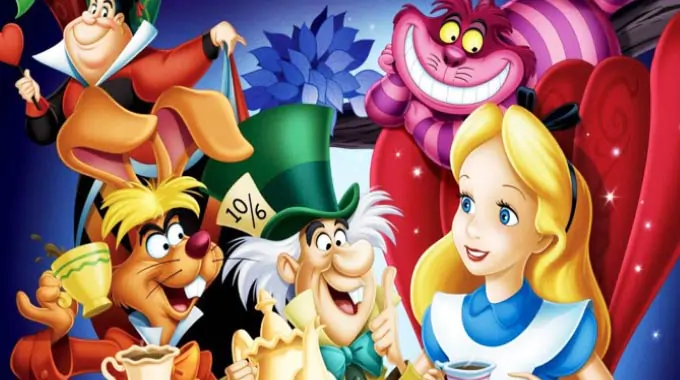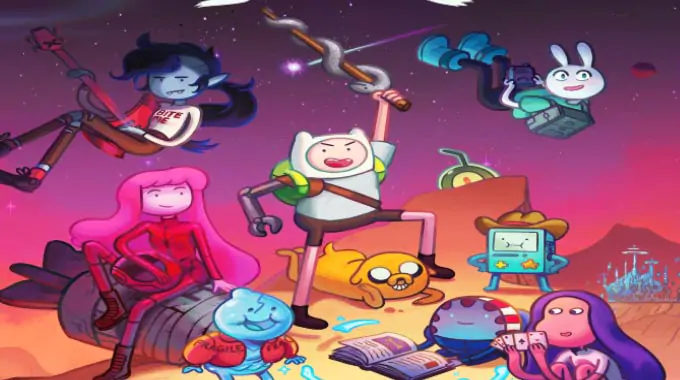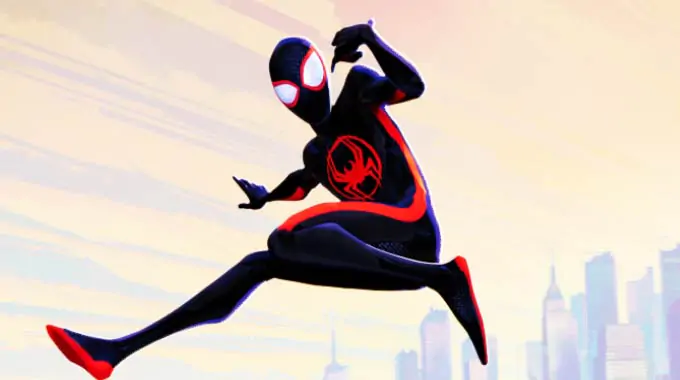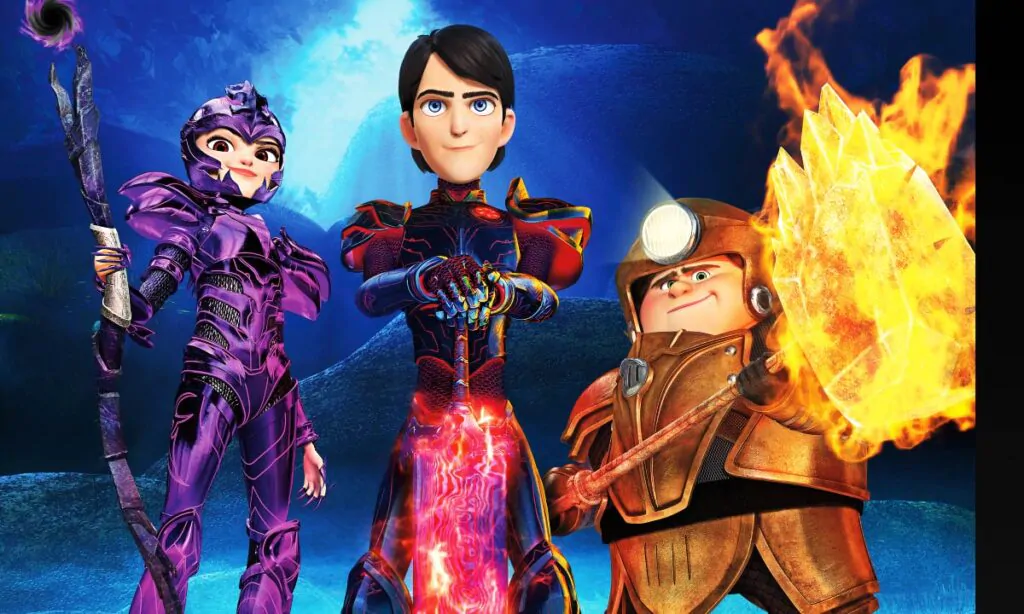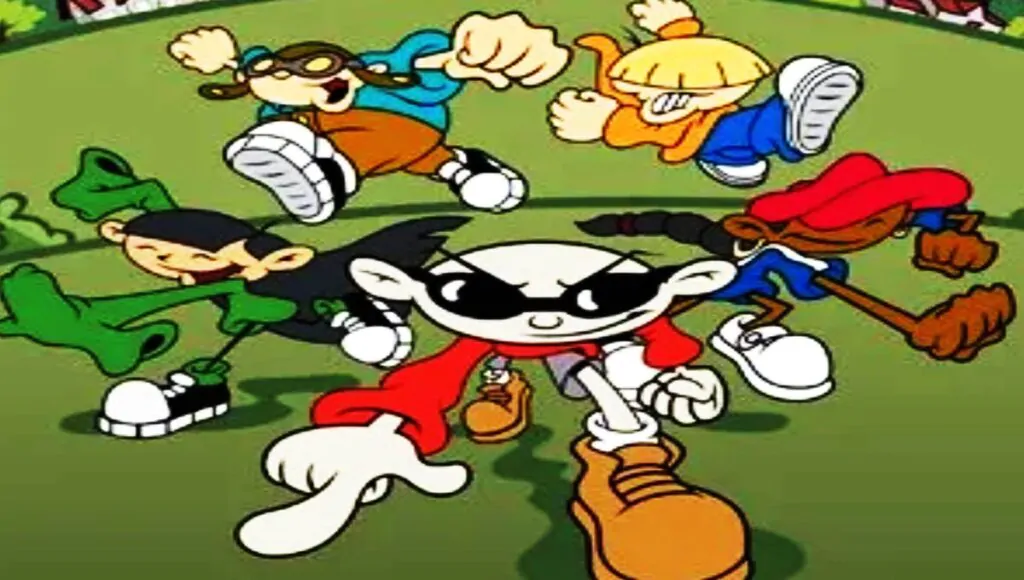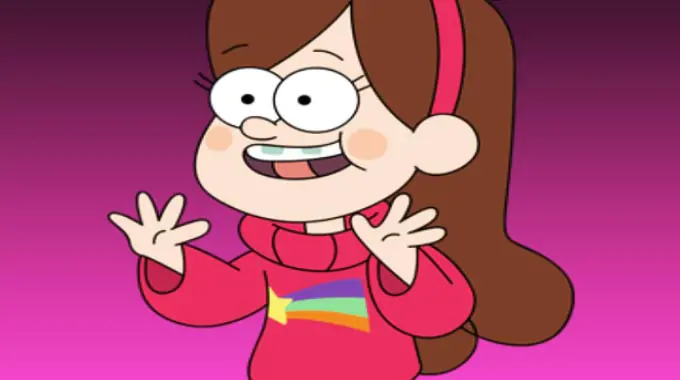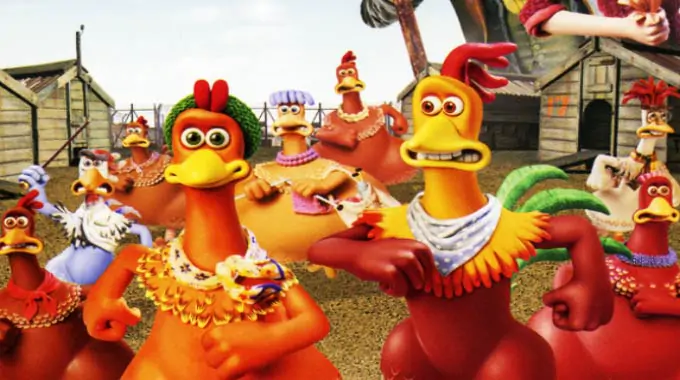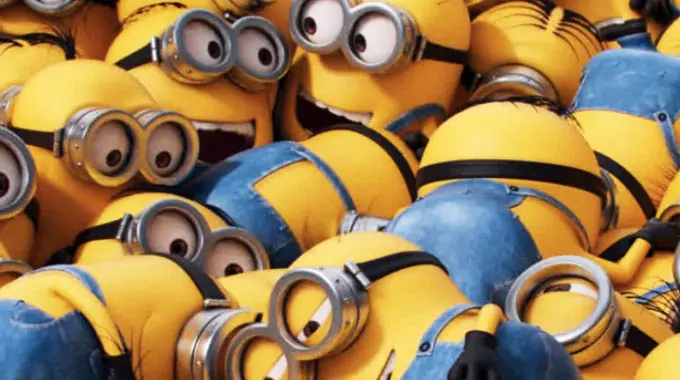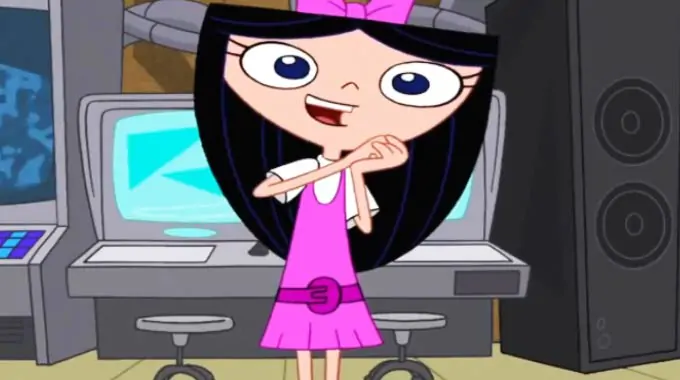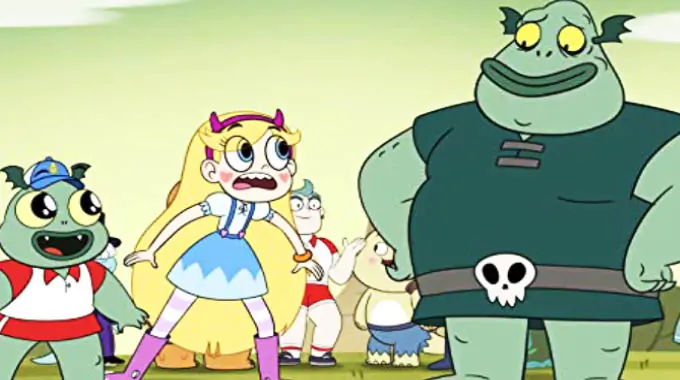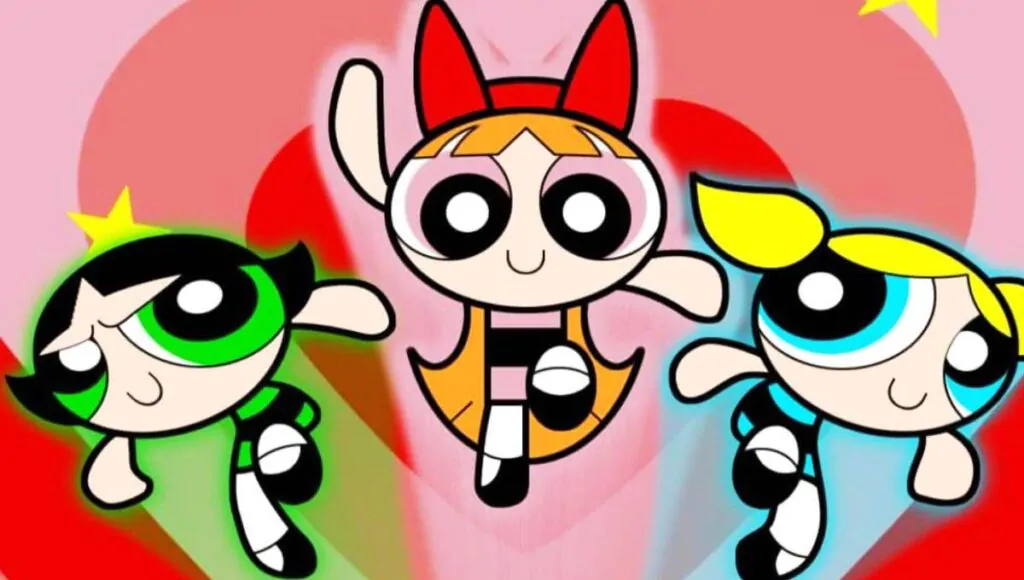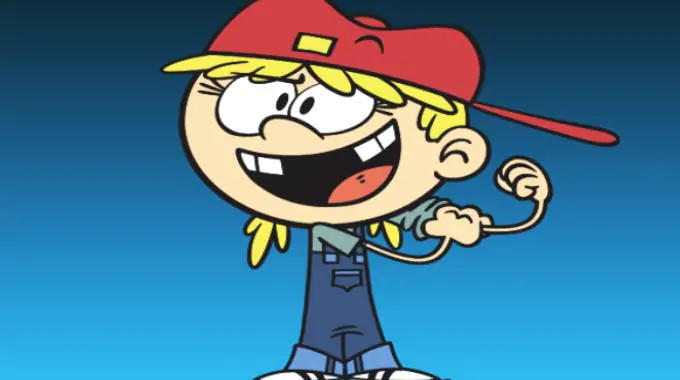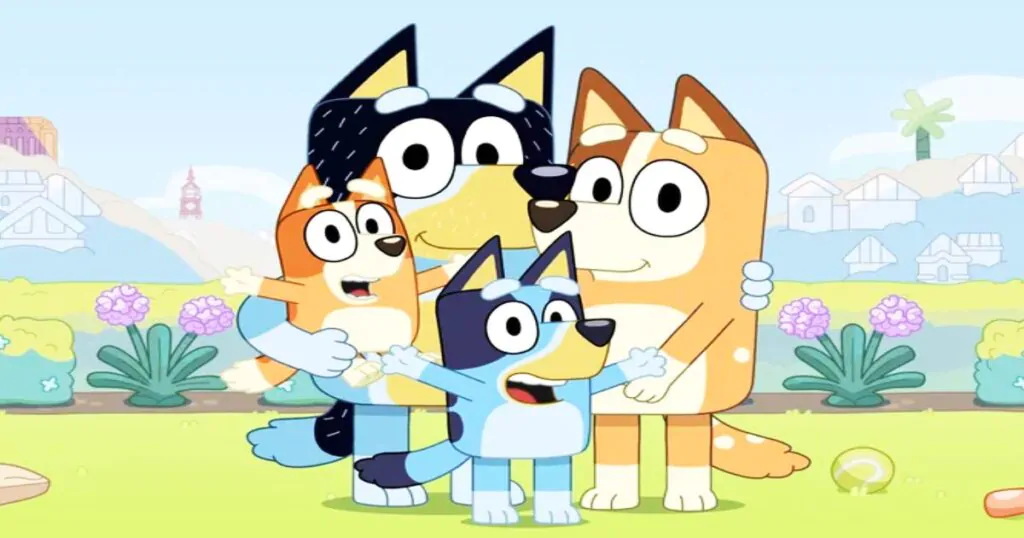List of Rafiki Facts:-
Rafiki is a mandrill, a type of primate found in Africa.
The name “Rafiki” means “friend” in Swahili.
Rafiki was first introduced in the original 1994 animated movie “The Lion King”.
Rafiki is voiced by Robert Guillaume in the English version of the movie.
In the original movie, Rafiki is shown as a shamanic figure who lives in a tree and serves as a mentor to Simba.
Rafiki is depicted as being very wise and knowledgeable about the ways of the world.
Rafiki has a distinctive appearance, with his colorful face and long, flowing mane.
In the Broadway adaptation of “The Lion King”, Rafiki is played by a female actress.
Rafiki’s role in the Broadway show is expanded, and she sings several songs.
Rafiki is also a major character in the sequel movie “The Lion King II: Simba’s Pride”.
In “The Lion King II: Simba’s Pride”, Rafiki is shown as being more mischievous than in the first movie.
Rafiki is known for his catchphrase “Asante sana, squash banana, we we nugu, mi mi apana”, which means “Thank you very much, squash banana, you are a baboon and I am not”.
The phrase “Asante sana” means “thank you very much” in Swahili.
Rafiki is also known for his iconic scene in “The Lion King” where he holds up Simba for all the animals to see.
Rafiki’s character was inspired by a wise old man that the filmmakers met while doing research in Kenya.
The original design for Rafiki was much more realistic and less cartoony than the final version.
Rafiki was originally supposed to have a much larger role in the movie, but his scenes were cut due to time constraints.
Rafiki’s design was based on a mix of a mandrill and a baboon.
Rafiki’s staff is adorned with various symbols, including a snake and a bird.
Rafiki is known to be a skilled fighter, as he is shown defending himself against hyenas in the movie.
Rafiki is also a skilled healer, as he is shown using various plants and remedies to heal Simba’s wounds.
In “The Lion King 1 1/2”, a direct-to-video movie, Rafiki is shown as being a little crazy and unpredictable.
In the video game “Kingdom Hearts II”, Rafiki is a non-playable character who helps the player in their quest.
Rafiki’s voice actor, Robert Guillaume, passed away in 2017 at the age of 89.
Rafiki is one of the most popular characters from “The Lion King” franchise.
Rafiki is often used as a symbol of wisdom and guidance.
The character of Rafiki has been referenced and parodied in various movies and TV shows.
Rafiki has become an iconic part of pop culture, and his catchphrase is often used in memes and online jokes.
In the live-action remake of “The Lion King”, Rafiki is portrayed as a more realistic mandrill.
Rafiki’s appearance and personality have made him a beloved character among fans of “The Lion King”.
In the Swahili language, the word “rafiki” is commonly used to refer to a friend.
Rafiki’s character is inspired by the wise old man archetype found in many cultures.
In the original script for “The Lion King”, Rafiki was intended to be a cheetah.
The mandrill is actually one of the largest species of monkey.
Rafiki is shown using a variety of instruments in “The Lion King”, including a marimba and a shakere.
Rafiki’s colorful markings are actually natural pigmentation, used to attract mates and signal social status.
In some African cultures, mandrills are considered to be sacred animals.
Rafiki’s design has remained largely unchanged in the various adaptations and spin-offs of “The Lion King”.
Rafiki is one of the few characters in “The Lion King” who does not have a romantic subplot.
In “The Lion King”, Rafiki is shown performing a ceremony in which he anoints Simba with dust.
The scene in which Rafiki hits Simba on the head with his staff was improvised by the voice actor, Robert Guillaume.
Rafiki is the only character in “The Lion King” who is shown speaking Swahili.
In the Broadway show, Rafiki is shown as being more physically active than in the movie.
Rafiki’s voice actor, Robert Guillaume, won a Grammy award for his performance in “The Lion King”.
Rafiki’s voice was also provided by the actor Khary Payton in the video game “The Lion King: Timon and Pumbaa’s Jungle Games”.
In “The Lion King 1 1/2”, Rafiki is shown as being a fan of Banzai the hyena’s stand-up comedy.
Rafiki’s design was influenced by the work of the French artist Henri Rousseau.
Rafiki’s character was originally conceived as a baboon, but was changed to a mandrill to differentiate him from the other characters.
In “The Lion Guard”, a television series set in the same universe as “The Lion King”, Rafiki is shown as being the leader of a group of baboons.
Rafiki’s character has been interpreted as representing the concept of “ubuntu”, which means “I am because we are” in African philosophy.
The animators who worked on “The Lion King” had to study mandrills extensively to ensure that Rafiki’s movements were realistic.
Rafiki is shown using a gourd as a musical instrument in “The Lion King II: Simba’s Pride”.
In “The Lion King”, Rafiki is shown as being very old, but his exact age is never stated.
The phrase “we we nugu” in Rafiki’s catchphrase means “you are a baboon” in Swahili.
Rafiki’s catchphrase has become so well-known that it is often used as a greeting among fans of “The Lion King”.
Rafiki is known for his cryptic statements and riddles, such as “The past can hurt. But the way I see it, you can either run from it, or learn from it.”
Rafiki’s character has been cited as an example of the “magical negro” trope in film, which portrays black characters as being wise and mystical.
In some African cultures, mandrills are used in traditional medicine to treat various ailments.
Rafiki was originally going to be voiced by a woman, but the producers ultimately decided to cast Robert Guillaume in the role.
In the original script for “The Lion King”, Rafiki was going to be a larger character with a more significant role in the story.
Rafiki’s design was influenced by both mandrills and baboons, with the animators creating a unique look that combined features of both species.
The name “Rafiki” means “friend” or “companion” in Swahili.
Rafiki’s voice actor, Robert Guillaume, passed away in 2017 at the age of 89.
In the Swahili dub of “The Lion King”, Rafiki’s voice was provided by Tanzanian musician Bi Kidude.
Rafiki is one of the few characters in “The Lion King” who is shown wearing clothing, including a robe and a headdress.
Rafiki’s staff, which he uses to guide Simba and perform various rituals, is modeled after a traditional African walking stick.
Rafiki’s character has been used as a symbol of African culture and identity, with some people identifying him as a representation of African spirituality and wisdom.
In addition to his role in “The Lion King” franchise, Rafiki has appeared in various other Disney media, including video games, theme park attractions, and merchandise.
